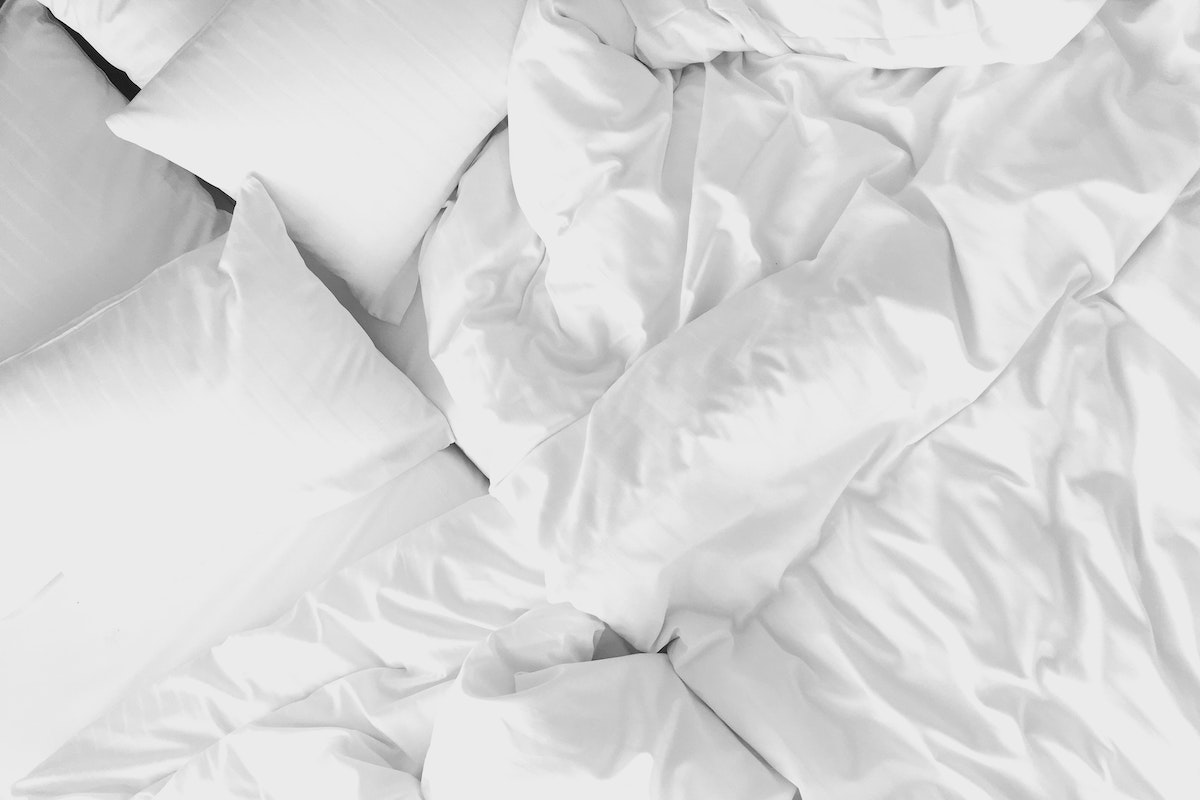Sleeping well is important for many things. Actually, it’s the basis for a lot of health-related stuff. It sounds very basic, and it is. Sleep is a big part of our lives and provides a lot of positive things. If you do it right. According to Anouk Puister, sleep coach and expert by experience, most of us know that sleep is good for you, but the challenge lies precisely in turning knowledge into action.
Slowing down is the key
We all live in a fast-paced world, where everything seems to go on and nothing ever really stands still. But a big stop button has been pressed by COVID-19. We have to slow down, stay home, spend more time with ourselves. And that means that we now have more time to pay attention to our sleep and our patterns and, if necessary, to change that.
Sleeping is about just a few things: slow down, rest, trust and waking up in your own reality. Unfortunately, at the moment that rest is disturbed by a major factor: stress. We all know it, but in the current situation, stress is common and in violent forms. And when you have stress, you are ‘on’ all the time. You are on, for example, because you are working under a certain mental or time pressure, you are looking after and teaching the children, or you are alone between 4 walls, you cannot exercise or you are trying to work with your partner at home. Anouk is happy to share her tips to give you something to hold on to and help you (re)find your sleep rhythm and enough energy for the day.
Tip #1: Plan your rest
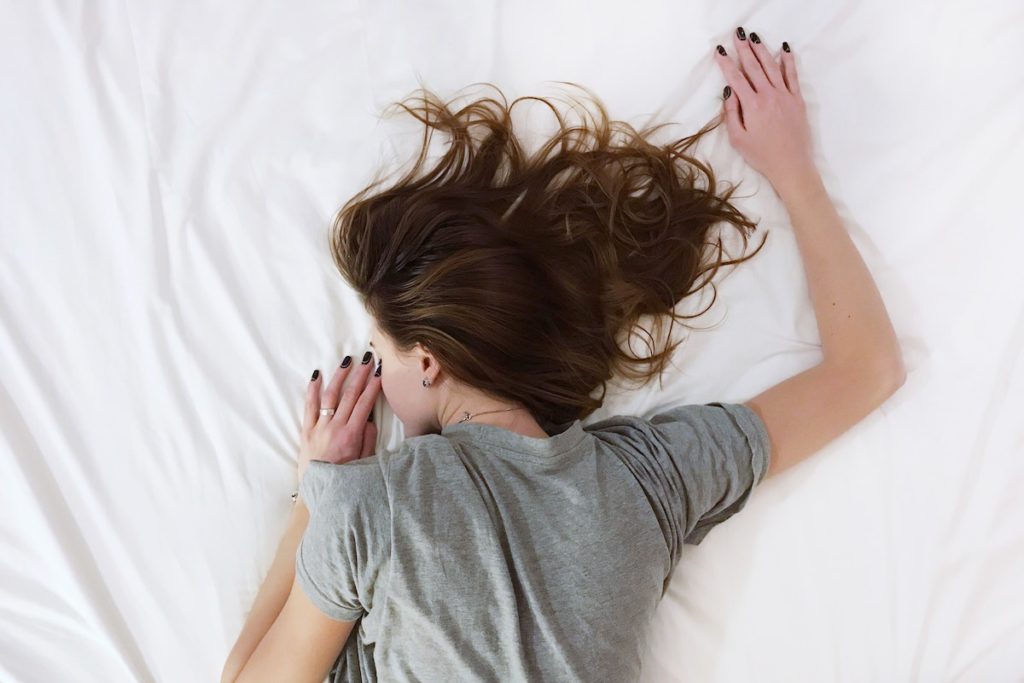
Because you are ‘on’ all the time, you are vigilant. You take that watchfulness with you to bed and you will notice that you often start grinding in the evening once you are lying down. Worrying about what is coming and what has been. This makes you sleep worse and you do not get up rested, which makes you less alert and less able to make decisions. It is one vicious circle, says Anouk.
Tip: make sure you take enough breaks in between. Go for a walk, distract yourself and take a rest. You can do this by taking a short walk, by meditating for a while or by working out. Exercise is very important, especially now. For example, try one of our Working Out From Home videos!
And take a moment to turn inside yourself. Sit quietly, close your eyes and listen to yourself. How do you feel? What do you need? Sleep ambassador Anouk calls this check-in moments, to see how you’re doing. You can act on that. You’ll notice that it takes the pressure off and frees up your brain, so you won’t think about it all at night.
Tip #2: Regularity!
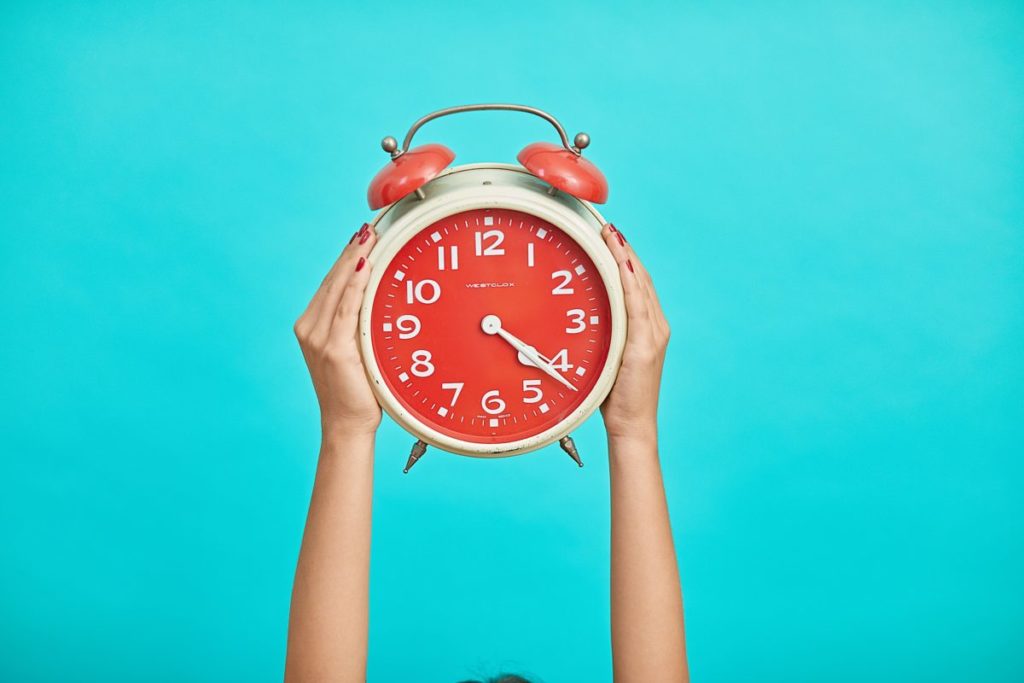
Your body loves peace, cleanliness, and regularity. Regularity is very important for your sleep because that way you build up a rhythm and your body doesn’t have to adjust continuously, because this costs energy. According to Anouk, it is useful to have such a sleep-waking rhythm at a certain moment, that you don’t even need an alarm clock anymore.
Alarm clocks are hell, we all know that. But especially snoozing is bad. Your body wakes up, but your brain says hey, let’s get some more sleep. So you’re in a dilemma with yourself, starting your day much more tired. Her tip if you still need an alarm clock: get up immediately, throw those curtains open and turn on your favorite music. That way you wake up together with your body and set a positive tone for the rest of your day. The intention is set!
Tip #3: Listen to signals
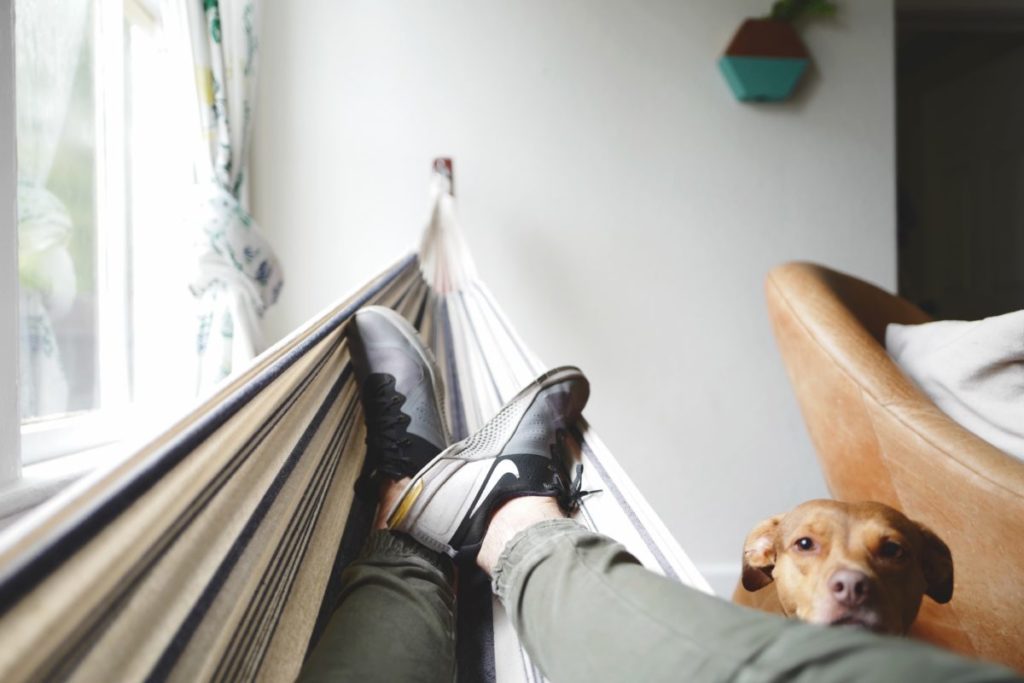
Your body gives you signals. Especially when you’re tired. Listen to those! Each day your body gets a morning and evening peak. The cortisol peak in the morning helps you get up – so don’t stay in your bed too long, but go out immediately and use that peak to ‘turn on’ your body. Lovely!
Your melatonin peak, comes in the evening around 8 or 9 p.m. You get tired, you get a little cold, start yawning and usually, you ignore it. Then you continue with the exciting Netflix series, read that chapter or scroll through social media. Anouk advises: don’t! Give in to your body, finish your day, get ready for the night, read that chapter and really go to sleep when you’re tired.
To quote Anouk:
“Yes, I’m allowed to go to bed earlier and I’m allowed to wake up earlier when my body tells me to. “
So check for yourself when you wake up of course, and then get up immediately. Tired in the evening? Go to bed! It’s important to keep a routine, so don’t go to sleep at 9 pm one day and get up early the next day and go to sleep at 1 am the next and then ‘sleep it off’. Now is the perfect test period to find out what routine your body needs and act accordingly. Maybe you won’t even need an alarm clock in a while.
Tip #4: Help yourself a little
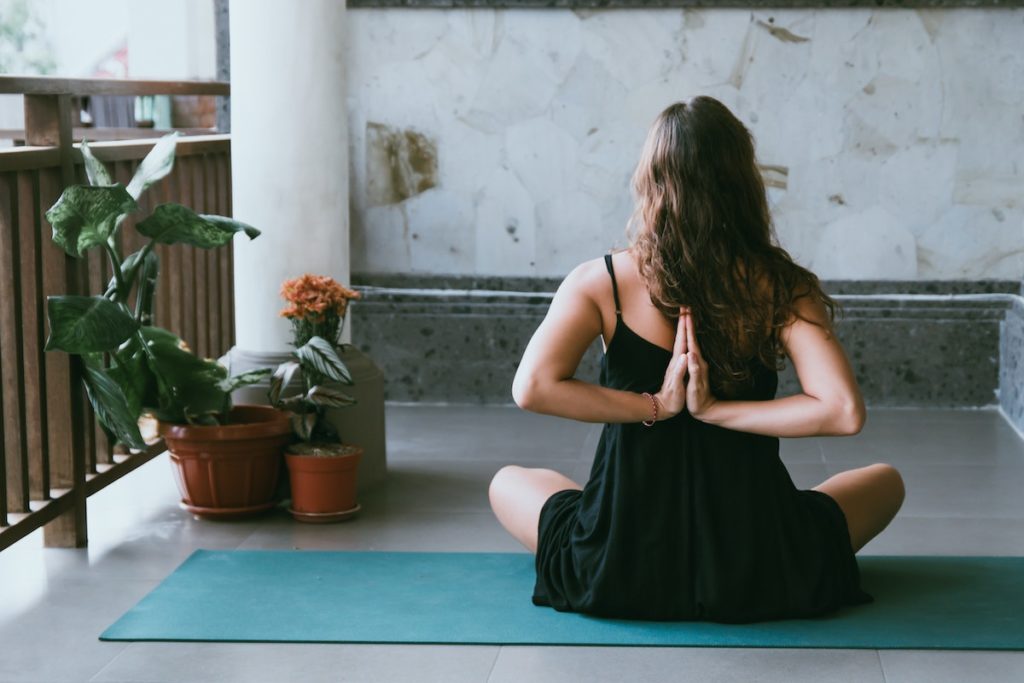
Most people sleep enough if they sleep between 7 and 9 hours. You need these hours to straighten up, refuel energy and keep your immune system high. Do you have trouble getting to sleep or going to bed?
Help yourself a little by, for example, dimming the lights in the evening, this stimulates your melatonin production. Use your bedroom only for sleeping and intimacy and remove your TV. By removing the stimuli and really making the bedroom a place of rest and relaxation, your brain will switch immediately when you walk inside. “This is where I’m going to sleep.” The same goes for the morning: throw open the curtains, put on some nice music and make your bed.
Another handy tool seems to be coffee. It wakes you up, it’s more energetic and it’s just delicious. But beware: caffeine is still active in your body after 6 hours. If you are sensitive to this, it is useful to stop drinking coffee well before bedtime, from lunch onwards, so that you can get a good night’s sleep.
Finally, breathing is your best friend
Do a little check-in moment, listen to your breath. Why? Your breath takes you directly into the here and now, you’re on your own with that and you’re giving yourself a rest. If you find it difficult to get to sleep, Anouk advises you to do a 4-7-8 breathing exercise: it’s great to calm down and take a break.
More tips and tricks can be found on Anouk’s website. Sleep well!
Find your Fit
